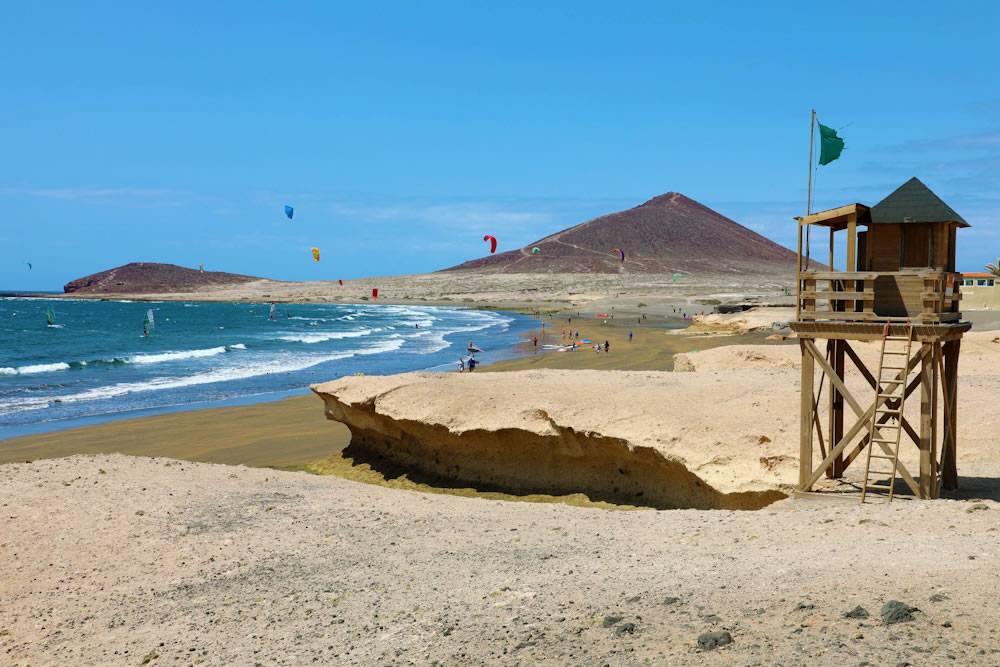Three fatalities from drowning in the Canary Islands on Saturday
- 24-11-2024
- National
- Canarian Weekly
- Photo Credit: Stock Image
Three people lost their lives in separate drowning incidents at sea yesterday (Saturday) in the Canary Islands, according to the Emergency Services Coordination Centre (CECOES).
The tragic events occurred in Gran Canaria, Fuerteventura, and Tenerife, marking another grim day for water safety in the region. Two of the incidents happened within a span of just ten minutes.
Incident 1: Playa del Cura, Gran Canaria
Shortly before 9:00am, emergency services were alerted to a person in cardiac arrest pulled from the water at Playa del Cura in Mogán, Gran Canaria. A nurse coordinator from the Canary Islands Emergency Medical Service (SUC) guided bystanders in performing resuscitation attempts until a beach lifeguard continued the efforts using an automated external defibrillator (AED).
Ambulances and a medical helicopter arrived on the scene, where SUC personnel continued both basic and advanced cardiopulmonary resuscitation (CPR). Despite their efforts, the individual was pronounced dead at the scene.
Incident 2: Costa Calma, Fuerteventura
Later in the day, a man was rescued from the sea at Costa Calma, Pájara, in Fuerteventura. He was also in cardiac arrest upon being pulled from the water. Lifeguards initiated resuscitation manoeuvres before emergency teams arrived. Advanced CPR was performed by medical personnel, but they could not revive him.
Incident 3: El Médano, Tenerife
Just ten minutes after the Costa Calma incident, CECOES received another 112 call reporting a rescue in the sea. This time, a kitesurfer was retrieved from the water at Playa del Cabezo in El Médano, in the south of Tenerife.
The kitesurfer, found in cardiac arrest, was attended to by SUC personnel and a doctor from San Isidro Health Centre. Despite all resuscitation efforts, the man was declared dead on the beach. Maritime Rescue, Local Police, and the Guardia Civil coordinated the response, with the victim's body remaining under official custody for further procedures including an autopsy.
A Call for Awareness
These incidents highlight the persistent danger of aquatic activities and the critical need for vigilance and preparedness in Canarian waters. Authorities continue to urge residents and visitors to exercise caution and adhere to safety guidelines, particularly in areas known for strong currents or unpredictable conditions.
Emergency responders are emphasizing the importance of early intervention and calling 112 at the first sign of trouble to improve survival outcomes in such emergencies.
Other articles that may interest you...
Trending
Most Read Articles
Featured Videos
TributoFest: Michael Buble promo 14.02.2026
- 30-01-2026
TEAs 2025 Highlights
- 17-11-2025



























































